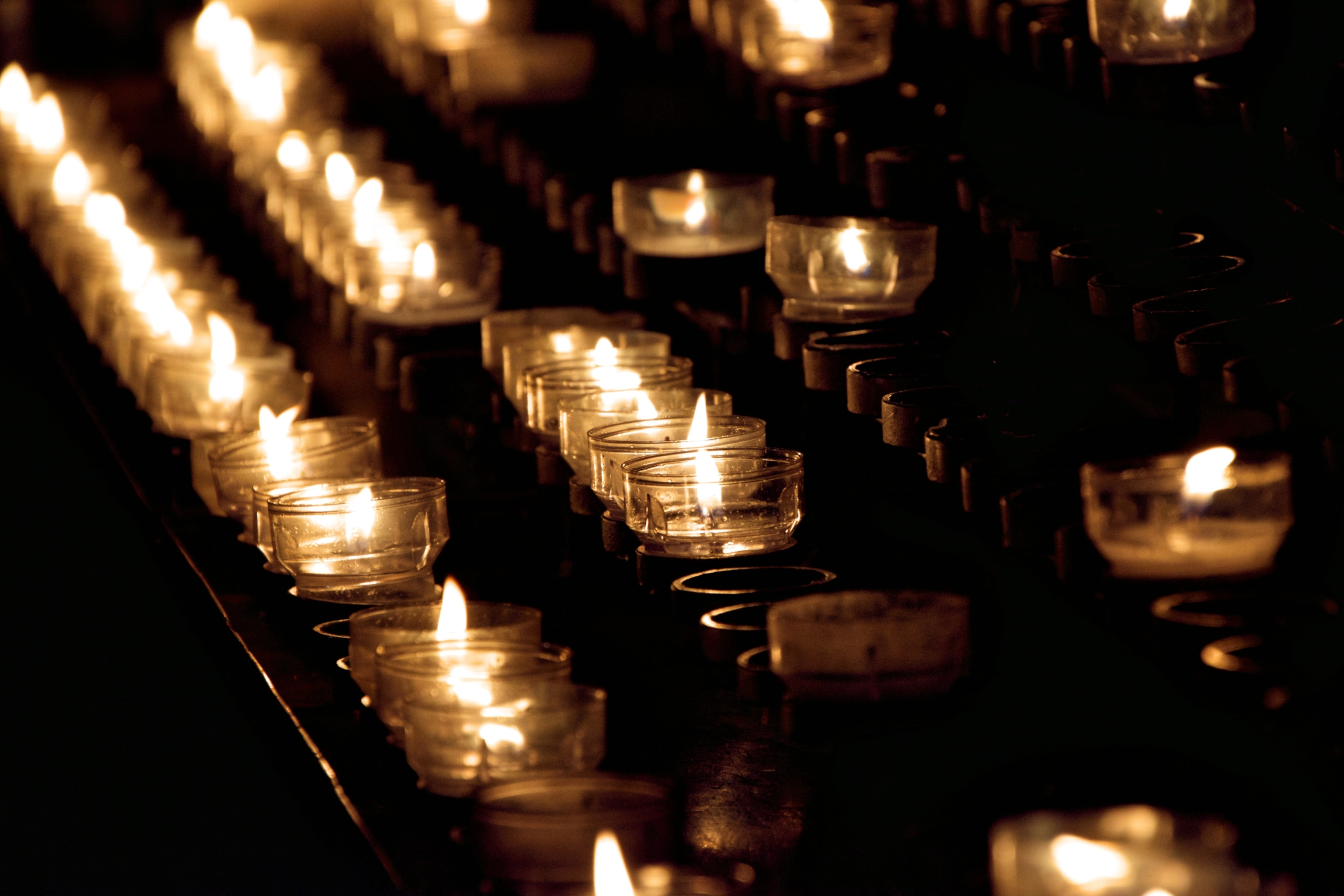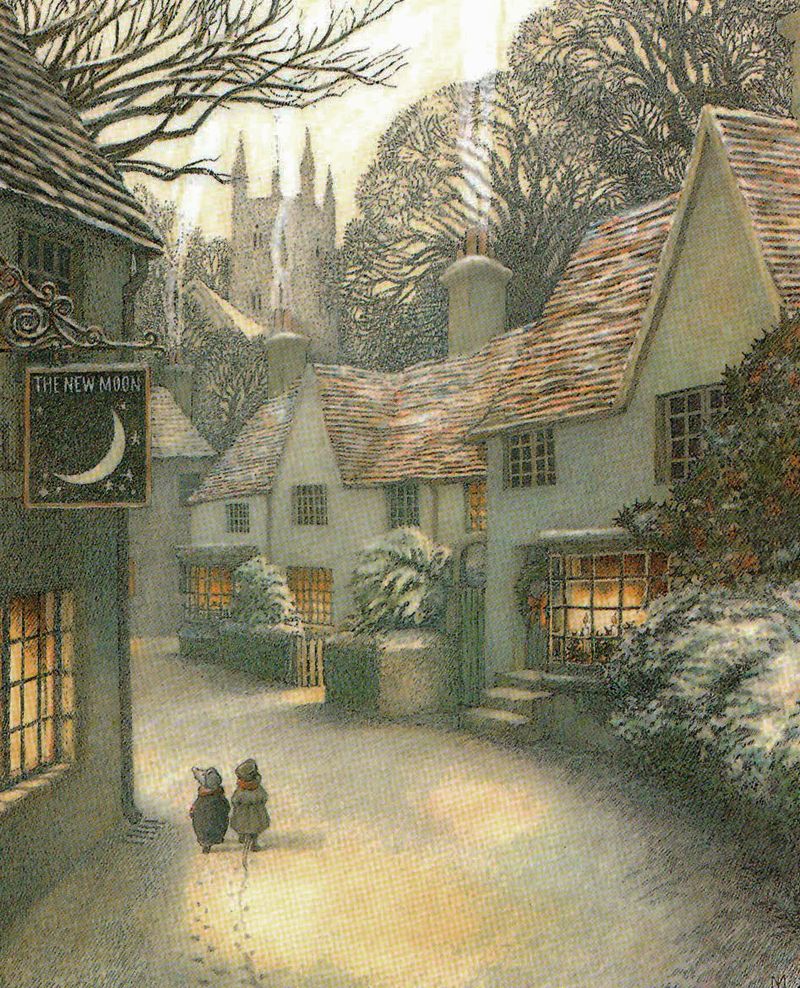
John 1:29-34 29 The next day he saw Jesus coming toward him, and said, Behold, the Lamb of God, who takes away the sin of the world! 30 This is he of whom I said, ‘After me comes a man who ranks before me, because he was before me.’ 31 I myself did not know him, but for this purpose I came baptizing with water, that he might be revealed to Israel.” 32 And John bore witness: “I saw the Spirit descend from heaven like a dove, and it remained on him. 33 I myself did not know him, but he who sent me to baptize with water said to me, ‘He on whom you see the Spirit descend and remain, this is he who baptizes with the Holy Spirit.’ 34 And I have seen and have borne witness that this is the Son of God.”
There are accounts of Jesus’ baptism in all four gospels – and they all carry the individual author’s unique perspective. I love the gospel of Mark’s version where he just skips over the birth narrative and jumps right into the deep stuff! Matthew’s account is descriptive, and he and Luke are the ones who say that Jesus will come to baptize with the Holy Spirit and with fire! Matthew’s rendering shows the reason for His baptism: “Let it be so now, for thus it is fitting for us to fulfill all righteousness.” (Mat 3:15). John’s gospel begins with the most profound statement in these accounts. “Behold, the Lamb of God, who takes away the sins of the world!” In fact, John says it twice, once right before he baptized Jesus and the other a day later.
You can imagine the reaction of the crowd as they heard this proclamation from John. It might be foreign to our ears, but it certainly was not to theirs. They would have known this was a reference to the Passover lamb. This was the sacrifice made for the remission of sin. Passover is the feast instituted after the Lord saved the Jews in Egypt. Part of this commemoration was that they were told to put the blood of slaughtered lambs over their doors.
So, from the very beginning, at the pivotal point in his moving from obscurity into ministry and death this phrase describes his future. But John in pointing out the difference between his baptism and Jesus’ makes a noticeably clear point – this was “not only an event that happened to Jesus, but one that happens to us. It defines our spirituality and gives impetus to the kind of people we were to become.” (Robert Webber).
John’s baptism gave the commandment to repent, but it was powerless to absolve sins. Wherefore did John did also say: “I baptize you with water…that One however will baptize you with the Holy Spirit and with fire (Mat. 3:11).
St. John of Chrysostom
“In his baptism in the Jordan and in His subsequent ministry, the Son of God descended into the human condition to the very depths so that He might fill all things with Himself. And after his descent, He ascended into the heavens, taking us with Him into the presence of God and giving us gifts for the sake of service”. Thomas Hopko
So, let us go to the text (John 1:29-34) at the beginning of this post and enter into it as if we were there. and receive what the Holy Spirit has for us as we do this.
If I were standing with John and saw Jesus coming towards me, what would I notice? Would there be a certain aura about how he walked or profundity in what he said? What would be my reaction when John says this – “Behold this is the Lamb of God, who takes away the sin of the world.” I stand at the water of the river of Jordan and listen as John says “No – I am unworthy to do this.” But Jesus steps into the water. As he comes out of the water two incredible things happen – this whole experience is what theologians call a theophany – a revelation of God – but what did John see and hear? He saw a dove hover over and rest on Jesus – and John knew it as the Holy Spirit – and it remained on him. Then, “And a voice came from heaven, “You are my beloved Son; with you I am well pleased.” (Mar 1:11 ESV) Would I have heard it too? Did the others standing around the water hear? Would we have heard the Father’s voice? – Perhaps, or maybe not. But if we had heard the Father, or seen the Spirit – we would have had the first glimpse in the New Testament of the Trinity.
We know that Christ was not baptized for his sin – there was no repentance needed here. But He demonstrated here that his baptism would be a baptism into death and from that into resurrection life! He revealed long before Calvary that he was going to die for the sins of the world. His baptism was a baptism of identification. And it was a baptism unto death – and thus is his baptism and the cross forever linked. And so is ours. Like our Savior who did this for us, we take to the waters of baptism, and we die to Satan and to our own sins. We take our place in His death. And as we come up out of the waters – we take our place in his resurrection – forever now marked by this identification with Christ. Alleluia!
There is no other baptism for us. And this is a taste of the fire that John describes in Matthew 3. This theophany of Christ has now become our “Epiphany.”
There is another baptism which Jesus speaks to in Mark 10. In responding to the disciples who wanted to be at Christ’s side in glory he says to them: “You do not know what you are asking. Are you able to drink the cup that I drink, or to be baptized with the baptism with which I am baptized?” 39 And they said to him, “We are able.” And Jesus said to them, “The cup that I drink you will drink, and with the baptism with which I am baptized, you will be baptized… (Mar 10:38-39 ESV) And this time their baptism will end in death. But the shattering thing about this is that because of their own baptisms in Christ, this baptism into literal death they will do with joy. They are now indwelt by the Spirit of Christ, and death has now no hold on them, as it had no hold on their Savior (Acts 2:24).
So how are we to enter into the baptism of Jesus?
Leave the desert, that is to say, sin. Cross the Jordan. Hasten toward life according to Christ, toward the earth which bears the fruit of joy, where run, according to the promise, streams of milk and honey. Overthrow Jericho, the old dwelling place, do not leave it fortified.
St Gregory of Nyssa
“Can we not be washed in any river and be clean? God’s answer is No. Only in the Jordan in the baptism of Christ are we cleansed from all our sins. Only through the Jordan do we enter the land of the living, the promised land of God’s kingdom. Only by the sanctified waters of the Jordan does God sanctify us forever”. (Robert Webber and Thomas Hopko) (Thank you for enduring my slip into metaphor!)
I pray, friends, in this season and the seasons to follow, that we will reflect on the meaning of Christ’s baptism and that God the Holy Spirit will grant us revelation after revelation of this amazing reality. May our hearts cry, alongside John’s “Behold the Lamb of God who takes away the sin of the world!”







